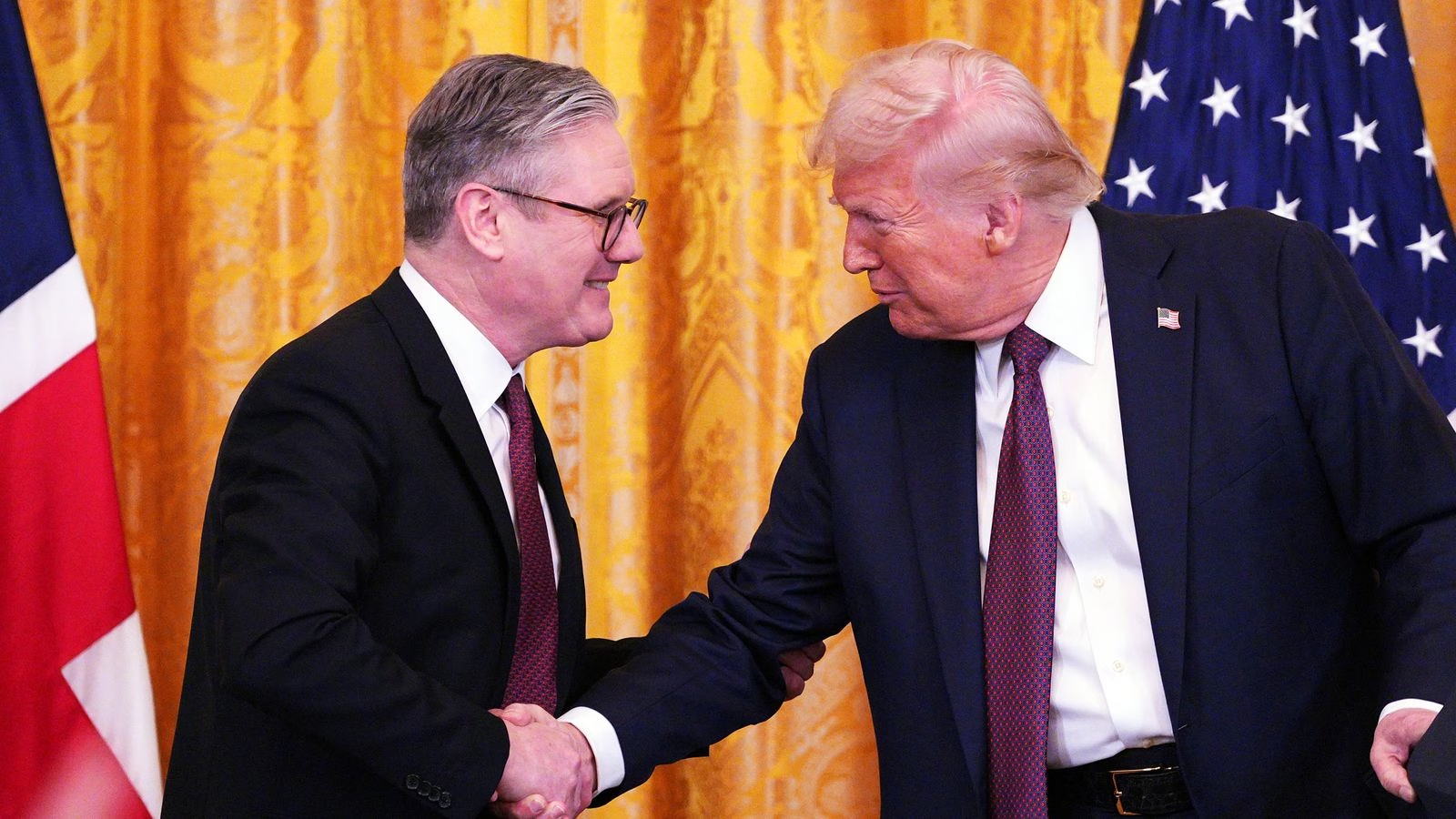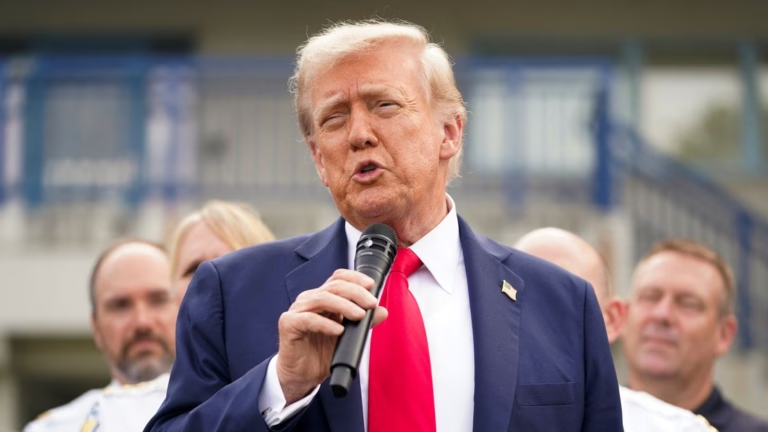From midnight on Monday, tariffs imposed by Donald Trump on Mexico, Canada, and China came into effect. The second-time president believes that these tariffs, which are taxes on imported goods, will help curb immigration and prevent the smuggling of fentanyl into the US.
In a White House speech on Monday, Mr. Trump announced 25% tariffs on Mexico and Canada and doubled tariffs on Chinese imports to 20%. Canadian energy will be subjected to a 10% tariff, he added. China responded immediately with 15% taxes on food and agricultural products sent to the US worth around $21bn (£16.5bn). Canadian Prime Minister Justin Trudeau also retaliated with extra tariffs worth $100bn (£78.7bn) over the next 21 days.
Both Mexican President Claudia Sheinbaud and Mr. Trudeau have moved to bolster troops at their US borders in a bid to combat immigration and prevent an all-out trade war. However, Mr. Trump seems determined to widen the scope of tariffs, targeting other countries including those in the European Union.
Will the UK be targeted by Trump with tariffs? As of now, no new tariffs have been announced on the UK. In fact, Prime Minister Keir Starmer’s successful visit to the White House has raised hopes that Britain could avoid Trump’s barrage of tariffs.
Trump is mainly concerned about trade deficits, where a country imports more than it exports. Because the US doesn’t have a trade deficit with the UK, this could potentially serve as good news and guard against new tariffs.
Overseas, tariffs could raise prices and disrupt supply chains. US consumers could face higher prices for imported goods such as Mexico’s avocados, Canada’s gas, and electronics from China. In certain cases, US tariffs could indirectly boost domestic industries, such as steel production.
Source: https://news.sky.com/story/how-donald-trumps-tariffs-could-impact-us-consumers-and-the-uk-13300714







